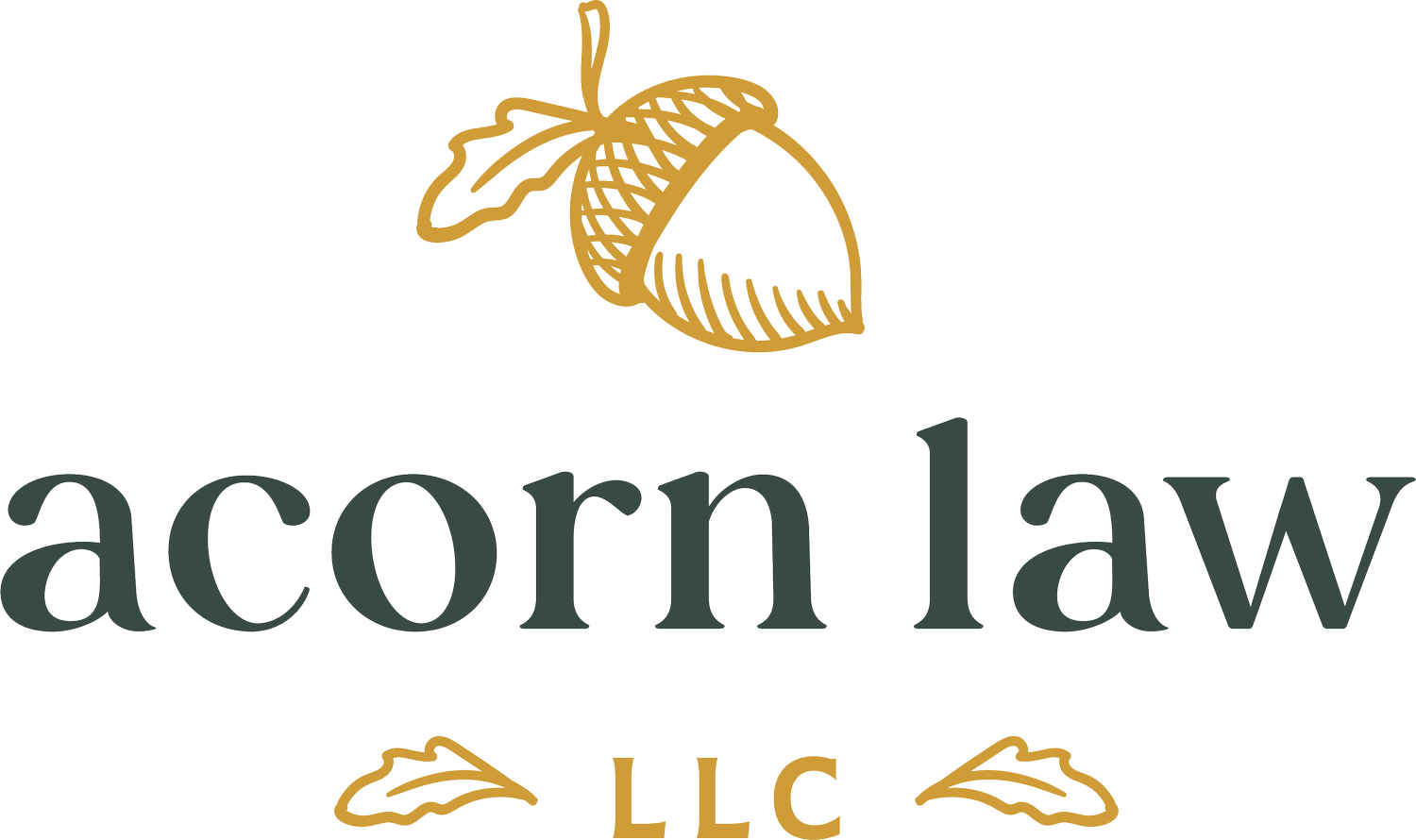4 Reasons NOT To Put Your Child On The Deed To Your Home
One of the most common questions I get from my estate planning clients is whether they should add a family member to the deed on their home to “make things easier” when they pass away. While it might seem like it at first, it is not necessarily easier! There are some major implications you should consider first:
First, there are tax issues. When you add someone to your deed, it's like giving them a piece of your home as a gift, which can have gift tax implications. Even more importantly, your loved ones will miss out on the “stepped up” basis they would get at your death. This can mean a big capital gains bill when they eventually sell the property.
Debts and judgments involving that person could also create issues. Say your loved one has a medical emergency that leads to big debts and bills. Or if they divorce. You could end up in a situation where you have to buy out their share of the property or even be forced to sell in order to satisfy judgments that they owe. That's not a great position to be in!
Adding a family member to your deed can also mean losing some control over your home. They'll be a co-owner, which means you might need their permission for big decisions like selling the property. If you don't agree, it can cause a lot of tension and even lead to legal battles.
Last, if you have a mortgage on the property, be sure to read the fine print. Adding a co-owner may very trigger a due-on-sale clause in your note. Unless you clearly fall into a set of protected transfers, this could mean your mortgage company could call the loan and require you to satisfy it immediately. Yikes!
Adding a family member to your deed isn't always the best or easiest idea. It's important to think carefully about the risks and talk to an experienced estate planning lawyer and/or real estate expert before making any big decisions about your home.


